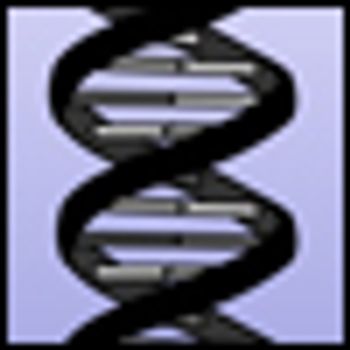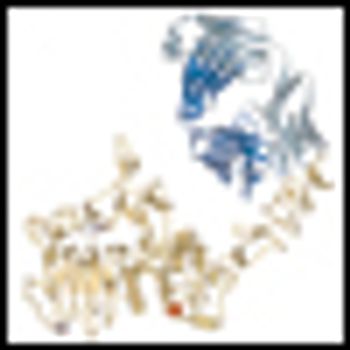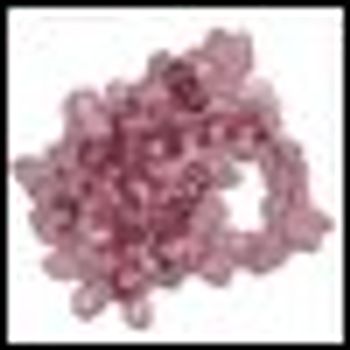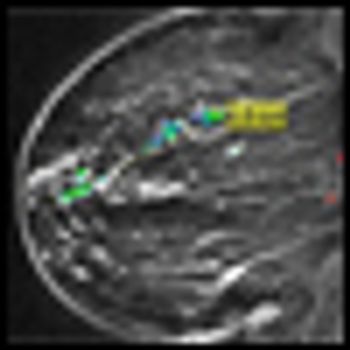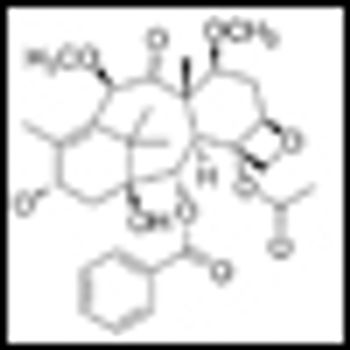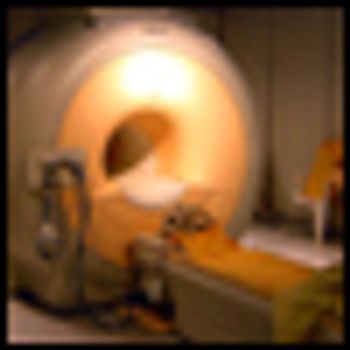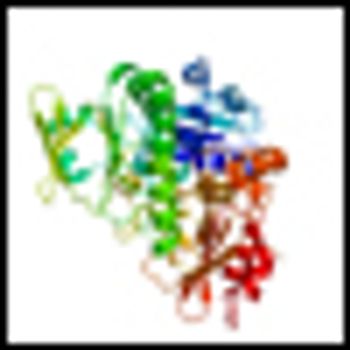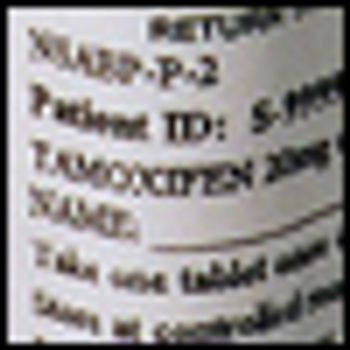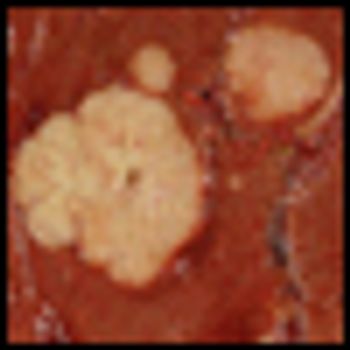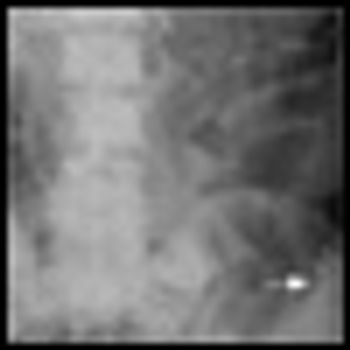Albright HW, Moreno M, Feeley TW, et al: The implications of the 2010 patient protection and affordable care act and the health care and education reconciliation act on cancer care delivery. Cancer 117(8):1564–1574, 2011. Aranda S, Jefford M, Yates P, et al: Impact of a novel nurse-led prechemotherapy education intervention on patient distress, symptom burden, and treatment-related information and support needs: Results from a randomized, controlled trial. Ann Oncol April 6, 2011 (Epub ahead of print). Baldridge KH, Andrasik F: Pain assessment in people with intellectual or developmental disabilities. Am J Nurs 110(12):28–35, 2010. Barton D: Oral agents in cancer treatment: The context for adherence. Semin Oncol Nurs 27(2):104–115, 2011. Beadle G, Mengersen K, Moynihan S, et al: Perceptions of the ethical conduct of cancer trials by oncology nurses. Eur J Cancer Care (Engl) April 19, 2011 (Epub ahead of print). Bergstrom KJ: Assessment and management of fungating wounds. J Wound Ostomy Continence Nurs 38(1):31–37, 2011. [No abstract available.] Carrion IV, Park NS, Lee BS: Hospice use among African Americans, Asians, Hispanics, and whites: Implications for practice. Am J Hospice Palliat Care June 1, 2011 (Epub ahead of print). Chou PL, Lin CC: A pain education programme to improve patient satisfaction with cancer pain management: A randomized control trial. J Clin Nurs 20(13-14):1858–1869, 2011. D'Agostino NM, Penney A, Zebrack B: Providing developmentally appropriate psychosocial care to adolescent and young adult cancer survivors. Cancer 117(10 Suppl):2329–2334, 2011. Dickerson SS, Alqaissi N, Underhill M, et al: Surviving the wait: Defining support while awaiting breast cancer surgery. J Adv Nurs 67(7):1468–1479, 2011. Doorenbos AZ, Kundu A, Eaton LH, et al: Enhancing access to cancer education for rural healthcare providers via telehealth. J Cancer Educ February 20, 2011 (Epub ahead of print). Edmonds K, Hull D, Spencer-Shaw A: Strategies for assessing and managing the adverse events of sorafenib and other targeted therapies in the treatment of renal cell and hepatocellular carcinoma: Recommendations from a European nursing task force. Eur J Oncol Nurs June 2, 2011 (Epub ahead of print). Eggert J: The biology of cancer: What do oncology nurses really need to know? Semin Oncol Nurs 27(1):3–12, 2011. Ferrell B, Koczywas M, Grannis F, et al: Palliative care in lung cancer. Surg Clin North Am 91(2):403–417, 2011. Fitch MI: Screening for distress: A role for oncology nurses. Curr Opin Oncol 23(4):331–337, 2011. Grant MS, Wiegland DL: Palliative care online: A pilot study on a pancreatic cancer website. J Palliat Med 14(7):846–851, 2011. Harrison SE, Watson EK, Ward AM, et al: Primary health and supportive care needs of long-term cancer survivors: A questionnaire survey. J Clin Oncol 29(15):2091–2098, 2011. Hawley P, Barwich D, Kirk L: Implementation of the Victoria Bowel Performance Scale. J Pain Sympt Manage May 25, 2011 (Epub ahead of print). Head BA, Keeney C, Studts JL, et al: Feasability and acceptance of a telehealth intervention to promote symptom management during treatment for head and neck cancer. J Support Oncol 9(1):e1–e11, 2011. Johnson JR, Ning YM, Farrell A, et al: Accelerated approval of oncology products: The food and drug administration experience. J Natl Cancer Inst 103(8):636–644, 2011. Kamimura A, Schneider K, Lee CS, et al: Practice environments of nurses in ambulatory oncology settings: A thematic analysis. Cancer Nurs March 2, 2011 (Epub ahead of print). Klastersky J, Awada A, Paesmans M, et al: Febrile neutropenia: A critical review of the initial management. Crit Rev Oncol Hematol 78(3):185–194, 2011. Kohler BA, Ward E, McCarthy BJ, et al: Annual report to the nation on the status of cancer, 1975–2007, featuring tumors of the brain and other nervous system. J Natl Cancer Inst 103(9):714–736, 2011. Kolins JA, Zbylut C, McCollom S, et al: Hematopoietic stem cell transplantation in children. Crit Care Nurs Clin North Am 23(2):349–376, 2011.Kopterides P, Liberopoulos P, Ilias I, et al: General prognostic scores in outcome prediction for cancer patients admitted to the intensive care unit. Am J Crit Care 20(1):56–66, 2011. Langford DJ, Tripathy D, Paul SM, et al: Trajectories of pain and analgesics in oncology outpatients with metastatic bone pain. J Pain 12(4):495–507, 2011. Lehto R, Therrien B: Death concerns among individuals newly diagnosed with lung cancer. Death Stud 34(10):931–946, 2010. Lester J, Bernhard L, Ryan-Wenger N: A self-report instrument that describes urogenital atrophy symptoms in breast cancer survivors. Western J Nursing Res December 22, 2010 (Epub ahead of print). Lin MF, Hsieh YJ, Hsu YY, et al: A randomized controlled trial of the effect of music therapy and verbal relaxation on chemotherapy-induced anxiety. J Clin Nurs 20(7-8):988–999, 2011. Linsky A, Nyambose J, Battaglia TA: Lifestype behaviors in Massachusetts adult cancer survivors. J Cancer Surviv 5(1):27–34, 2011. Liu YC, Su PY, Chen CH, et al: Facing death, facing self: Nursing students' emotional reactions during an experiential workshop on life-and-death issues. J Clin Nurs 20(5-6):856–863, 2011. Lopez V, Copp G, Brunton L, et al: Symptom experience in patients with gynecological cancers: The development of symptom clusters through patient narratives. J Support Oncol 9(2):64–71, 2011. Lyman GH: Venous thromboembolism in the patient with cancer: Focus on burden of disease and benefits of thromboprophylaxis. Cancer 117(7):1334–1349, 2011. Mao JJ, Palmer CS, Healy KE, et al: Complementary and alternative medicine use among cancer survivors: A population-based study. J Cancer Surviv 5(1):8–17, 2011. Mayer DK, Travers D, Wyss A, et al: Why do patients with cancer visit emergency departments? Results of a 2008 population study in North Carolina. J Clin Oncol29(19):2683–2688, 2011. McCorkle R, Ercolano E, Lazenby M, et al: Self-management: Enabling and empowering patients living with cancer as a chronic illness. CA Cancer J Clin 61(1):50–62, 2011. McCorkle R: Interdisciplinary collaboration in the pursuit of science to improve psychosocial cancer care. Psychooncology 20(5):538–537, 2011. McQuestion M: Evidence-based skin care management in radiation therapy: Clinical update. Semin Oncol Nurs 27(2):e1–e17, 2011. Meraviglia MG, Stuifbergen A: Health-promoting behaviors of low income cancer survivors. Clin Nurse Spec 25(3):118–124, 2011. Nieder C, Spanne O, Mehta MP, et al: Presentation, patterns of care, and survival in patients with brain metastases. Cancer 117(11):2505–2512, 2011. Nogai H, Dorken B, Lenz G: Pathogenesis of non-Hodgkin's lymphoma. J Clin Oncol 29(14):1803–1811. Norlyk A, Harder I: Recovering at home: Participating in a fast-track colon cancer surgery programme. Nursing Inq 18(2):165–173, 2011. Oh HS, Seo WS: Systematic review and meta-analysis of the correlates of cancer-related fatigue. Worldviews Evid Based Nurs February 22, 2011 (Epub ahead of print). Potter P, Eisenberg S, Cain KC, et al: Orange interventions for symptoms associated with dimethyl sulfoxide during stem cell reinfusions: A feasibility study. Cancer Nurs March 2, 2011 (Epub ahead of print). Shi Q, Smith TG, Michonski JD, et al: Symptom burden in cancer survivors 1 year after diagnosis. Cancer 117(2):2779–2790, 2011. Sussman J, Howell D, Bainbridge D, et al: The impact of specialized oncology nursing on patient supportive care outcomes. J Psychosocial Oncol 29(3):286–307, 2011. Syrjala KL, Artherholt SB, Kurland BF, et al: Prospective neurocognitive function over 5 years after allogeneic hematopoietic cell transplantation for cancer survivors compared with matched controls at 5 years. J Clin Oncol 29(17):2397–2404, 2011. Teuffel O, Amir E, Alibhai S: Cost effectiveness of outpatient treatment for febrile neutropenia in adult cancer patients. Brit J Cancer 104(9):1377–1383, 2011. Trip K, Boloorchi A, Berman H: Utilizing the Canadian Emergency Department Triage and Acuity Scale (CTAS) in an oncology unit urgent care clinic: The university health network experience. Can Oncol Nurs J 21(1):52–57, 2011. Twomey J: Ethical, legal, psychosocial and cultural implications of genomics for oncology nurses. Semin Oncol Nurs 27(1):54–63, 2011. Whitmer K, Pruemer J, Wilhelm C, et al: Development of an outpatient oncology symptom management clinic. Clin J Oncol Nurs 15(2):175–179, 2011. Williams PD, Williams K, Lafaver-Roling S, et al: An intervention to manage patient-reported symptoms during cancer treatment. Clin J Oncol Nurs 15(3):253–258, 2011. Winters-Stone KM, Dobek J, Nail L, et al: Strength training stops bone loss and builds muscle in postmenopausal breast cancer survivors: A randomized, controlled trial. Breast Cancer Res Treat 127(2):447–456, 2011.






































